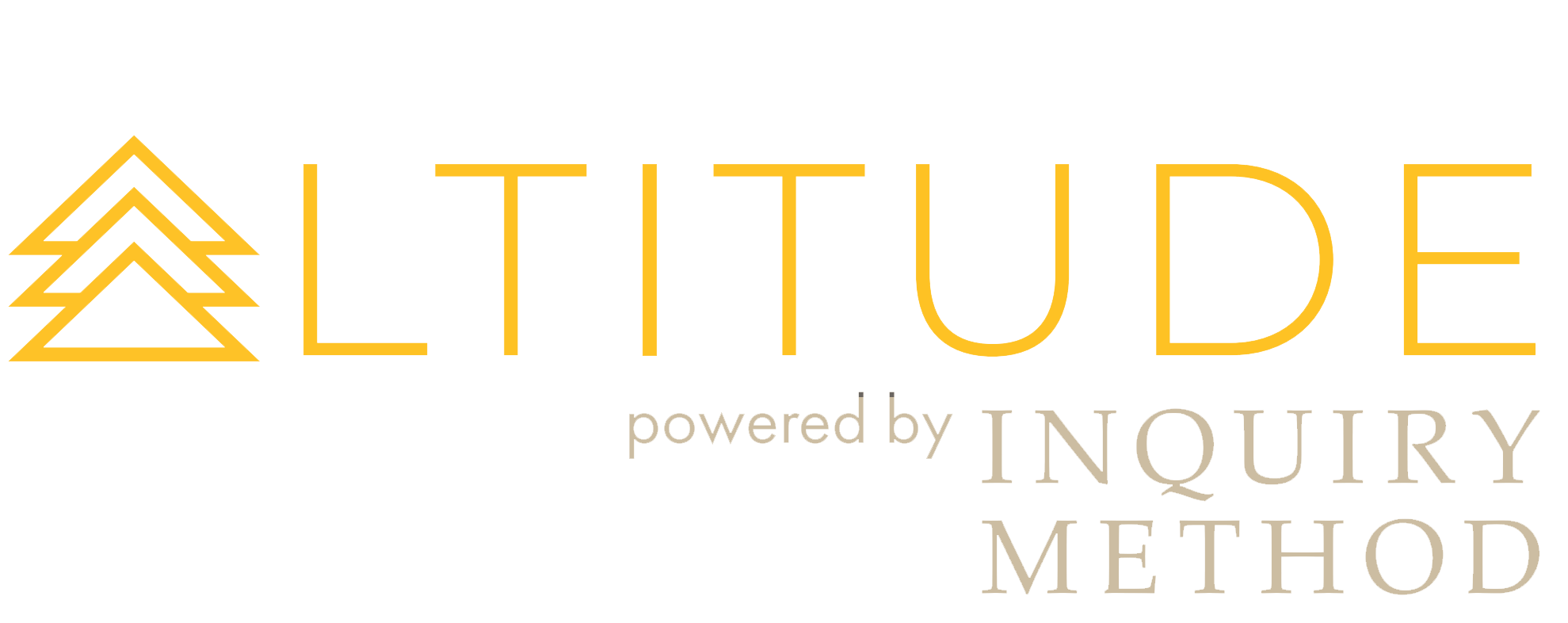Exercise: Coping Mechanisms
“The first problem for all of us, men and women, is not to learn, but to unlearn.”
Awareness: Coping Mechanisms and Payoffs
To manage our pain we create coping mechanisms. The primary purpose of these coping mechanisms is to protect us from feeling our pain; for example, the coping mechanism of staying intellectual protects me from feeling.
Coping mechanisms can also protect me from getting hurt in the same way again. For example, I might stay aloof to avoid the risk of rejection. Or I might not try new things to avoid the risk of failure.
Unfortunately coping mechanisms can also handicap us. By keeping ourselves safe we often do not get to enjoy fully expressing our lives.
Some examples of coping mechanisms are: Anger, disease, humor, withdrawal, avoidance, denial, drive, perfectionism, blaming others, playing the victim, control of others and self, passive aggressive, shy, staying small, addictions, War on Self, workaholism, criticism, judgment, giving self away, judging and suppressing feelings....
Coping mechanisms come with benefits or “pay-offs”. We have to be willing to give up the benefit to let go of the pain.
Letting go of the pain does not immediately eliminate the coping mechanisms. Letting go releases the power and energy behind them, thereby allowing us to choose to change our behavior. Behavior that is charged with pain is very difficult to change.
Recent pain that has no thread to the past is fairly easy to let go of. However once you have coped with some pain, particularly over a long period of time, it is almost impossible to become aware of it on your own. A safe coach to facilitate your awareness and release is almost always necessary.
Purposes:
To recognize that you use coping mechanisms to avoid feeling pain from the past.
To identify some of your unique coping mechanisms.
To understand how those coping mechanisms may be affecting your freedom, relationships and fulfillment.
To identify some of the payoffs that you receive from your coping mechanisms.
Exercise: Coping Mechanisms and Payoffs
Find a spot where you feel safe and comfortable.
Sit with yourself for one full minute. Clear your mind, relax and get present.
From the list of coping mechanisms we made as a group, what four do you most identify with?
For each coping mechanism, see if you can identify what it keeps you from feeling.
For each coping mechanism, see if you can tie it to some incident, event or circumstance in the past that necessitated it.
For each coping mechanism, identify what payoffs you may have received from the pattern since you began using it.
For each coping mechanism, write a sentence or two on how your life might be different if that coping mechanism were to fall away.
“Healing takes courage, and we all have courage, even if we have to dig a little to find it.”
